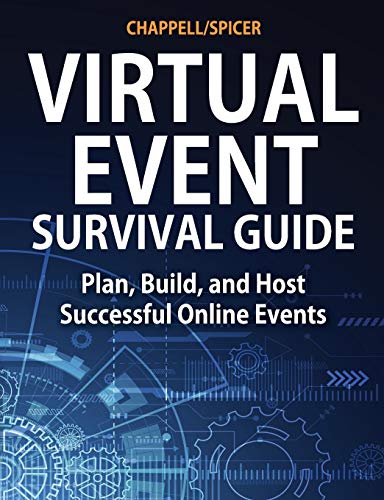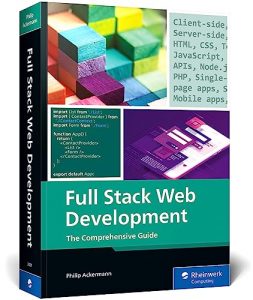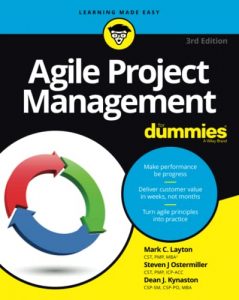Mastering the Art of Virtual Events: Essential Reads for Success
In our increasingly digital world, virtual events have surged to the forefront of networking, learning, and entertainment. They not only allow participants to connect across global boundaries but also offer opportunities for innovative engagement strategies. As organizations pivot to this new normal, understanding how to design, manage, and enchant an online audience is essential. Whether you’re hosting a small workshop or a massive conference, the right resources can turn your virtual gathering into a stellar success.
This blog post features a selection of must-read books on virtual events, packed with insights and practical tips. From planning and promoting live events to mastering the nuances of audience engagement, these texts provide essential knowledge for anyone looking to thrive in the digital event space. Let’s dive into these invaluable guides that can elevate your virtual event planning game!
Featured Books on Virtual Events:
1. Virtual Event Survival Guide: Plan, Build, and Host Successful Online Events
Discover the ultimate playbook for navigating the vast landscape of virtual events with the Virtual Event Survival Guide by Laura Chappell University. This comprehensive guide covers all aspects of hosting online events—from the initial planning stages to executing a polished experience. It emphasizes the importance of engaging content delivery and offers strategies to keep your audience captivated throughout the event. Its practical tips and insights ensure not only a successful event but also a memorable experience for your attendees. Whether you are a novice or a seasoned event planner, this guide is a treasure trove of advice that will arm you with everything you need to create remarkable virtual events.
2. Virtual Events Made Easy: How To Plan, Promote & Profit From Live Virtual Events
If you’re looking for a straightforward, no-nonsense guide, consider adding Virtual Events Made Easy to your bookshelf. This book lays out realistic approaches to planning and promoting live events that can attract anywhere from 10 to 100,000 attendees. It mixes practical advice with innovative marketing ideas, helping you understand the nuances of virtual audience dynamics. This essential resource serves as a framework for how to turn your virtual events into profitable ventures, making it a must-read for those on the frontline of online engagement.
3. Metaverse Events: Concerts, Conferences, and Social Gatherings in the Virtual World
If you’re curious about the future of virtual interactions, Metaverse Events provides an in-depth exploration of what virtual gatherings could look like in a fully realized digital frontier. It addresses the intersection of virtual reality and augmented reality, revealing how these technologies shape the way we connect with others. With practical tips and fascinating insights, this book prepares you to navigate the burgeoning field of Metaverse events, making it an essential read for tech-savvy event planners looking to innovate.
4. HOW TO HOST AND MANAGE VIRTUAL EVENTS: Creating Memorable Online Experiences
Successful virtual events hinge not just on logistics but on creating memorable experiences for attendees. HOW TO HOST AND MANAGE VIRTUAL EVENTS dives deep into the art of event management, stressing the importance of personalization and engagement. It covers diverse approaches and tactics that ensure every virtual attendee feels valued and connected. For anyone invested in creating vibrant online communities, this book is a blueprint for success.
5. Engaging Event Audience: An Essential Guide To Reaching Your Virtual Audience
Engaging Event Audience focuses specifically on the methods of reaching audiences effectively in a virtual setting. The book discusses engagement strategies that can keep participants attentive and involved, even in a digital format. It’s packed with valuable insights that can help elevate the overall experience for attendees, making it an essential resource in your event planning toolkit.
In conclusion, mastering virtual events involves continuous learning and adaptation. These books provide a solid foundation for anyone eager to succeed in this dynamic field, offering both theoretical knowledge and practical tactics for real-world application.









































